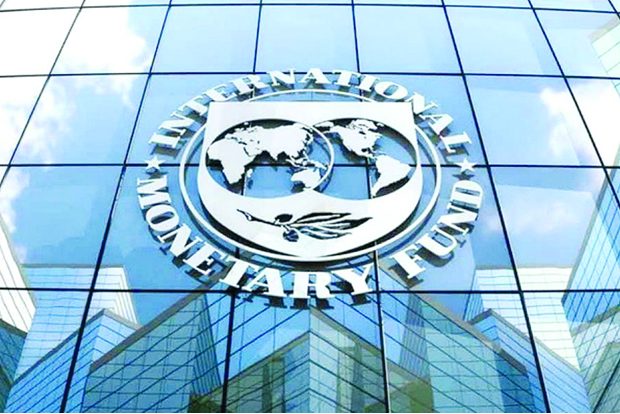The International Monetary Fund (IMF) has warned that Nigeria’s economic stability is at serious risk if it fails to act swiftly on climate change.
In its 2025 Article IV Consultation Report, the IMF stated that extreme weather events such as flooding, sea-level rise, and droughts are already weakening Nigeria’s economy and could push the country further into debt if not urgently addressed.
Lagos, Nigeria’s commercial and financial hub, is especially vulnerable. Rising sea levels could damage critical infrastructure, disrupt agricultural output, and strain public finances.
“Climate risks are now a major threat to Nigeria’s growth outlook, fiscal health, trade, and financial stability,” the report warned.
Nigeria’s public debt surged to 52.3% of GDP in 2024, up from 41.5% in 2023, driven by increased borrowing and a weakening naira. Debt servicing costs also rose to 4.1% of GDP, compared to 3.7% the previous year, according to the African Development Bank.
The IMF warned that climate-related shocks combined with sluggish growth and declining tax revenue could further widen fiscal and external financing gaps.
Although relatively small, Nigeria’s financial sector is heavily concentrated in Lagos, making it highly vulnerable to flood and climate-related risks. Such exposure could impair asset quality and threaten broader financial stability.
To avoid long-term economic damage, the IMF urged Nigeria to:
-
Increase investment in climate adaptation and resilience
-
Improve revenue through tax reform
-
Diversify the economy beyond oil
-
Integrate climate policy into national development planning
While acknowledging recent fiscal reforms, the IMF emphasized that current efforts are insufficient to shield the economy from worsening climate threats.
“Without a comprehensive strategy to address both climate and fiscal challenges, Nigeria risks undermining its long-term economic future,” the report concluded.
The Fund called on the government to take immediate, coordinated action to secure sustainable and resilient economic growth.




